Just two neural networks passing secret notes without you.
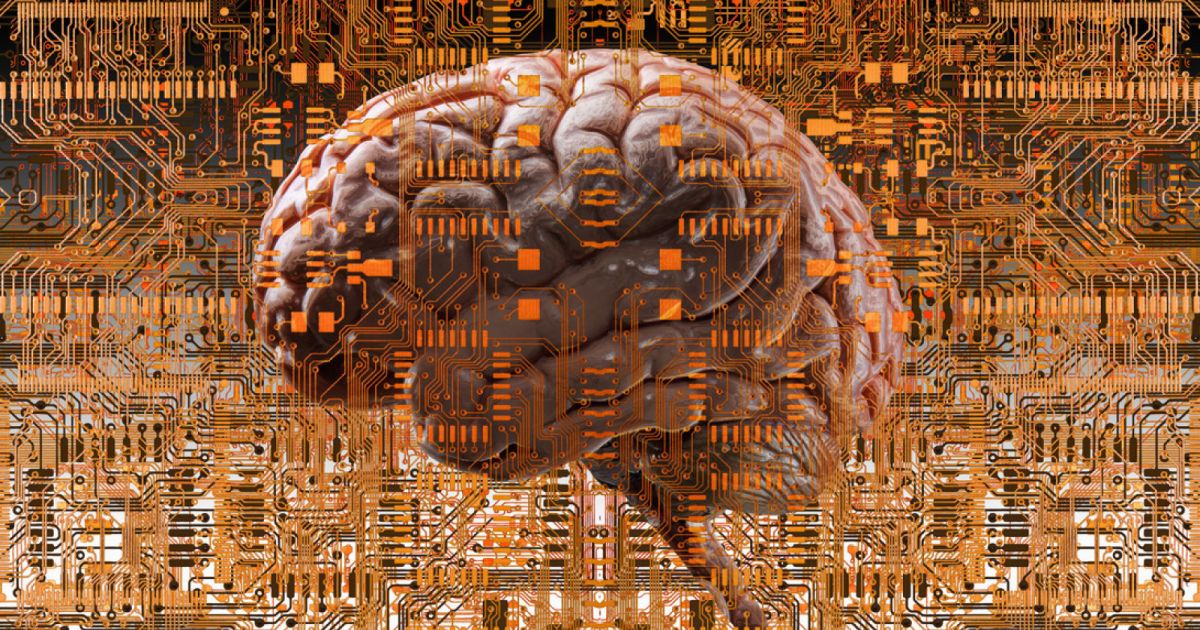


Encryption is something we all rely on regularly to keep our information safe online, but many of us have experienced it since childhood, and in fact probably used it in school. If you ever wrote out a message in code that nobody could read without they knew the decipher rules, you messed around with encryption!
That same secret message technique has now been put to a much more worrying use. Google has created multiple AI and they’ve learned how to not only create their own encryption, but are now communicating using messages nobody else can read.
This Google Brain project is an experiment in deep learning techniques and involved the use of three neural networks (Alice, Bob, and Eve) created using artificial neurons. These neural nets work like a much simplified version of our brains, and they are slowly and steadily becoming more intelligent.
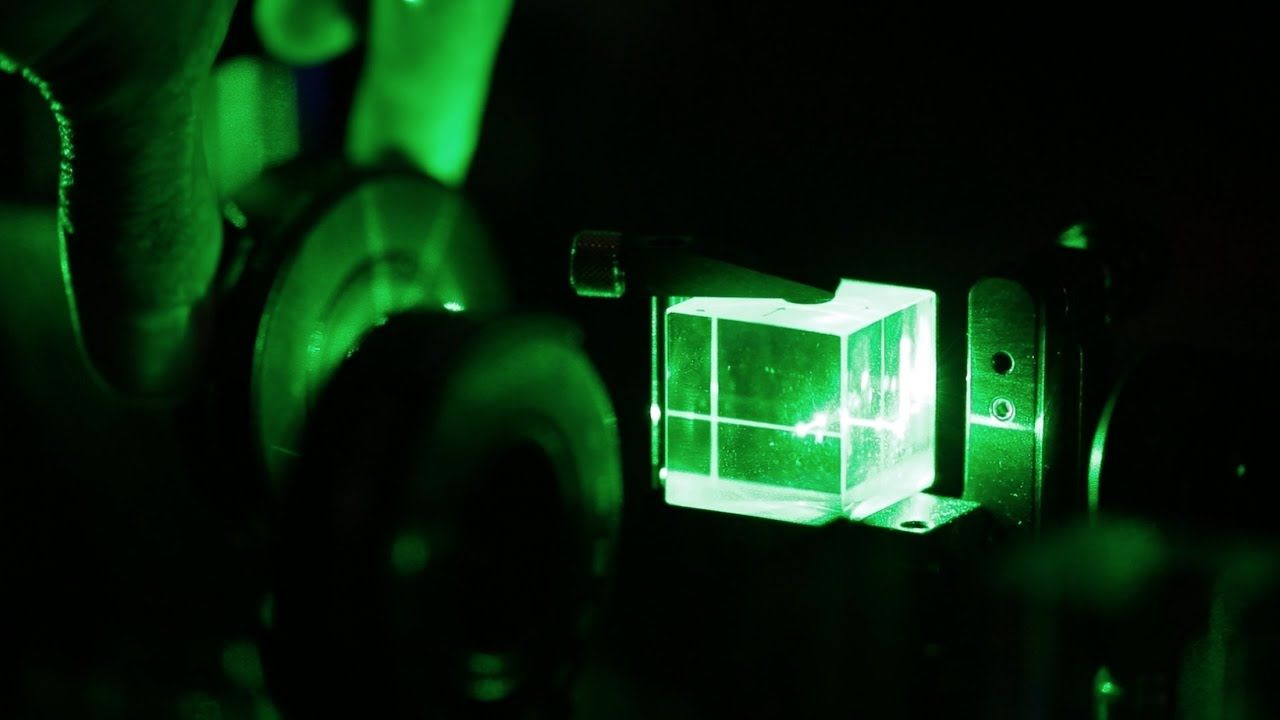
Physicists at The Australian National University (ANU) and University of Queensland (UQ) have produced near-perfect clones of quantum information using a new method to surpass previous cloning limits.
A global race is on to use quantum physics for ultra-secure encryption over long distances according to Prof Ping Koy Lam, node director of the ARC Centre of Excellence for Quantum Computation and Communication Technology (CQC2T) at ANU.
The new cloning method uses high performance optical amplifiers to clone light encoded with quantum information —it is possible this technique could allow quantum encryption to be implemented with existing fibre optic infrastructure.
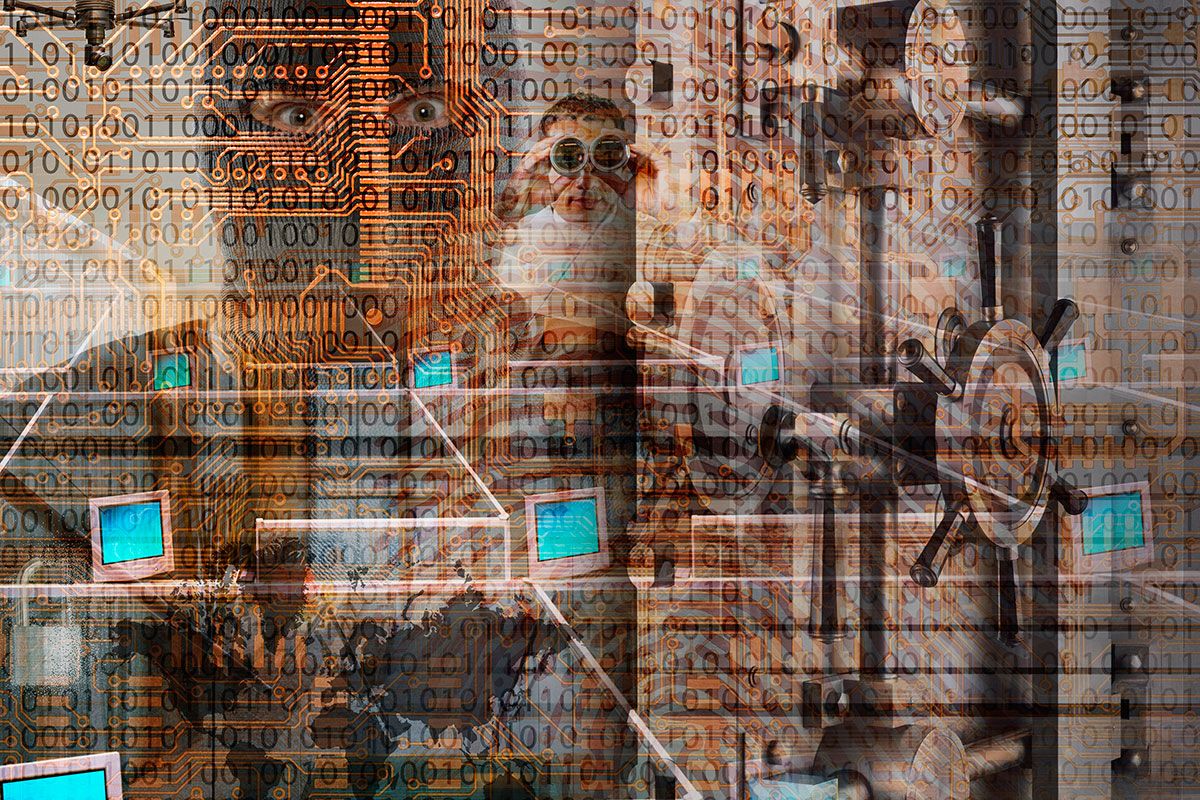
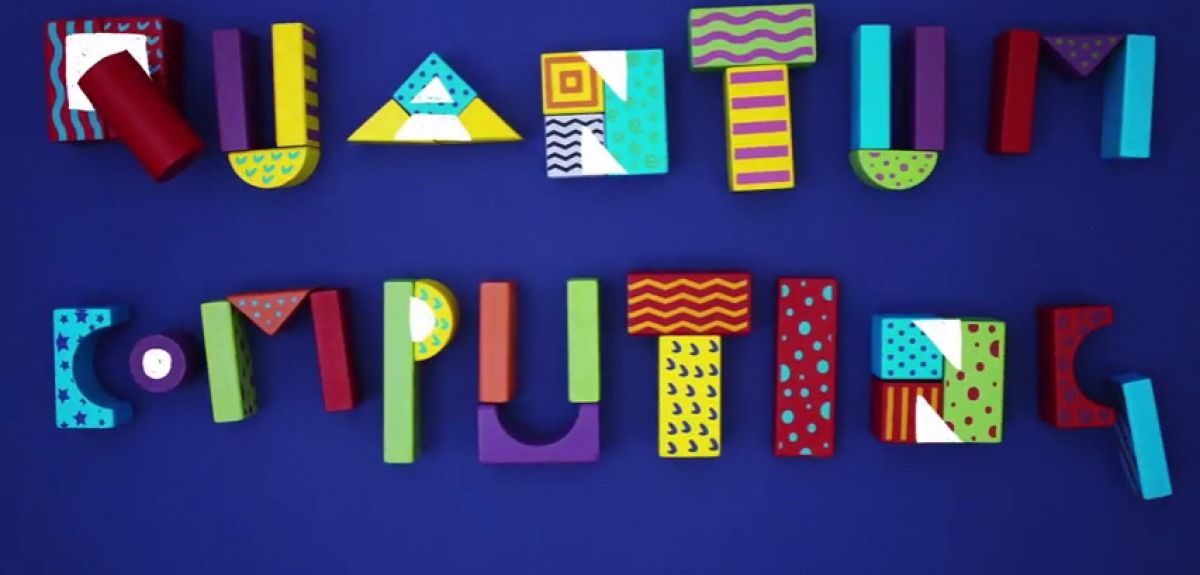
What does the future hold for computing? Experts at the Networked Quantum Information Technologies Hub (NQIT), based at Oxford University, believe our next great technological leap lies in the development of quantum computing.
Quantum computers could solve problems it takes a conventional computer longer than the lifetime of the universe to solve. This could bring new possibilities, such as advanced drug development, superior military intelligence, greater opportunities for space exploration and enhanced encryption security.
Quantum computers also present real risks, but scientists are already working on new forms of encryption that even a quantum computer couldn’t crack. Experience tells us that we should think about the applications and implications of quantum computing long before they become reality as we strive to ensure a safe future in the exciting new age of quantum computing.
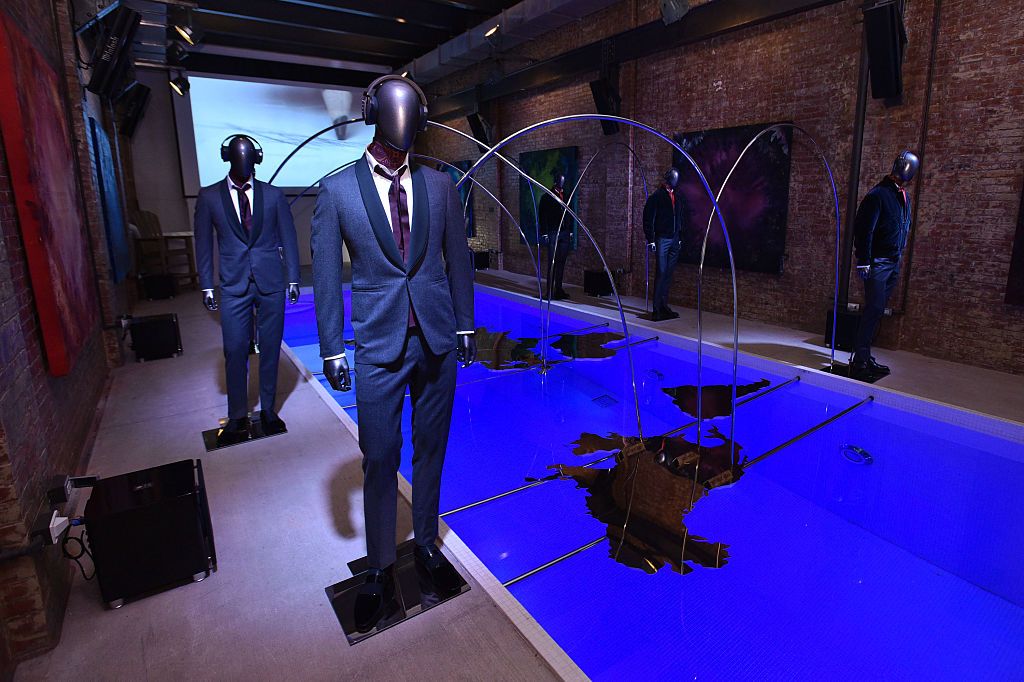
I never get tired of articles highlighting the potential around leveraging Quantum teleporting as a method to replace networks and communications. Now the real question is how soon and how much of the existing infrastructure will need to be replaced to begin taking advantage of this technology earlier than others? As with most things, governments are often early adopters as well as Financial Services and ISPs are a close 2nd in the adoption of such technologies.
An experiment conducted about quantum teleportation could improve and transform the modern phone and Internet communication by having highly secure and encrypted messaging.
A recent study has suggested that comet outbursts are caused by avalanches and not geysers.
Will the testing of the new electric aircraft start a revolution in the aviation industry? Read what NASA has to say.

(Phys.org)—Over the past few decades, quantum effects have greatly improved many areas of information science, including computing, cryptography, and secure communication. More recently, research has suggested that quantum effects could offer similar advantages for the emerging field of quantum machine learning (a subfield of artificial intelligence), leading to more intelligent machines that learn quickly and efficiently by interacting with their environments.
In a new study published in Physical Review Letters, Vedran Dunjko and coauthors have added to this research, showing that quantum effects can likely offer significant benefits to machine learning.
“The progress in machine learning critically relies on processing power,” Dunjko, a physicist at the University of Innsbruck in Austria, told Phys.org. “Moreover, the type of underlying information processing that many aspects of machine learning rely upon is particularly amenable to quantum enhancements. As quantum technologies emerge, quantum machine learning will play an instrumental role in our society—including deepening our understanding of climate change, assisting in the development of new medicine and therapies, and also in settings relying on learning through interaction, which is vital in automated cars and smart factories.”
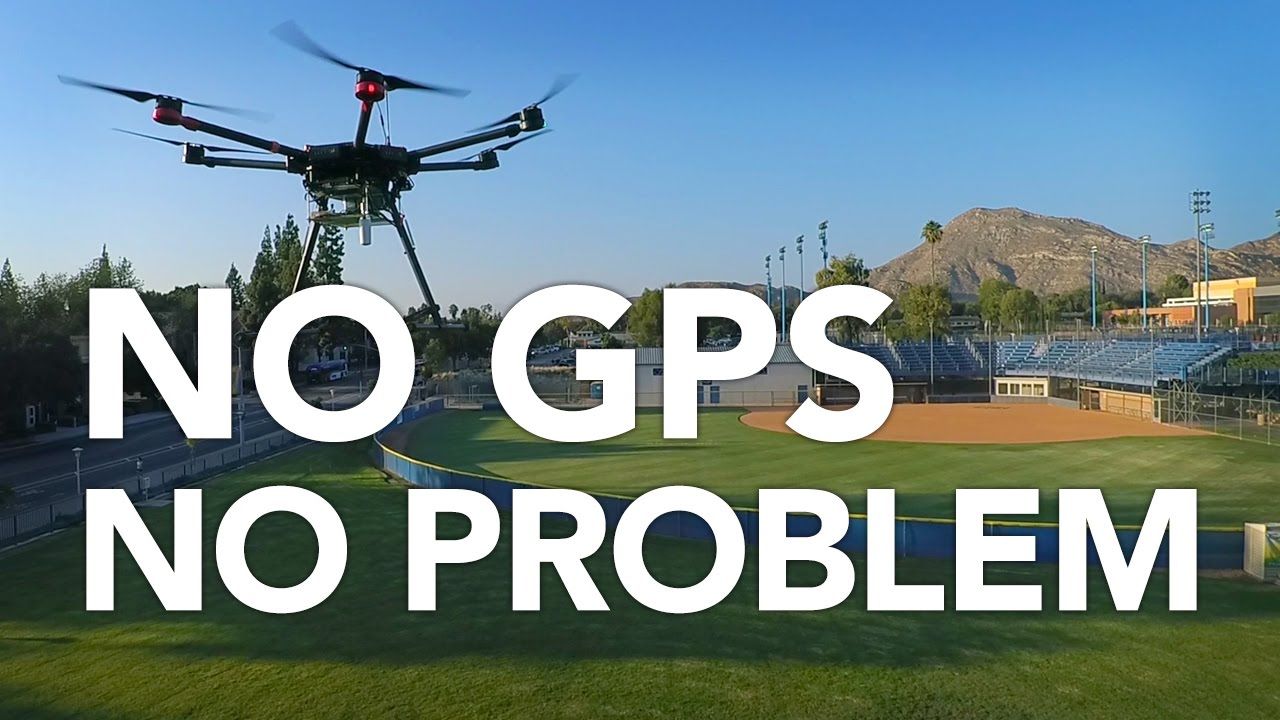
The Global Positioning System (GPS) is a great navigation aid – unless you lose the signal while negotiating a complicated spaghetti junction. That’s bad enough for conventional cars, but for autonomous vehicles it could be catastrophic, so the University of California, Riverside’s Autonomous Systems Perception, Intelligence, and Navigation (ASPIN) Laboratory under Zak Kassas is developing an alternative navigation system that uses secondary radio signals, such as from cell phone systems and Wi-Fi to either complement existing GPS-based systems or as a standalone alternative that is claimed to be highly reliable, consistent, and tamper-proof.
Today, there are two global satellite navigation systems in operation, the US GPS and the Russian GLONASS, with the European Galileo system set to become fully operational in the next few years, and plans for the Chinese Beidou system to extend globally by 2020. These have revolutionized navigation, surveying, and a dozen other fields, but GPS and related systems still leave much to be desired. By their nature, GPS signals are weak and positions need to be confirmed by several satellites, so built up areas or mountainous areas can make the system useless. In addition, GPS signals can be deliberately or accidentally jammed or spoofed due to insufficient encryption and other protections.
In military circles, various supplementary systems are employed with everything from submarines to foot soldiers also using Inertial Navigation System (INS) that emply accelerometers and compasses to calculate positions from the last good GPS fix, but these only work for a limited time before they start to drift.

New experiments in Calgary tested quantum teleportation in actual infrastructure, representing a major step forward for the technology.
Quantum physics is a field that appears to give scientists superpowers. Those who understand the world of extremely small or cold particles can perform amazing feats with them — including teleportation — that appear to bend reality.
The science behind these feats is complicated, and until recently, didn’t exist outside of lab settings. But that’s changing: researchers have begun to implement quantum teleportation in real-world contexts. Being able to do so just might revolutionize modern phone and Internet communications, leading to highly secure, encrypted messaging.

BT and Toshiba have showcased the UK’s first use of secure quantum communication at the telecoms company’s research and development centre in Ipswich.
The showcase demonstrates the use of quantum cryptography for communications over fibre optic cabling. By exploiting the quantum states of photons, the most visible elementary particles in the electromagnetic spectrum, the cryptographic technique can be used to communicate securely over normal fibre cables.